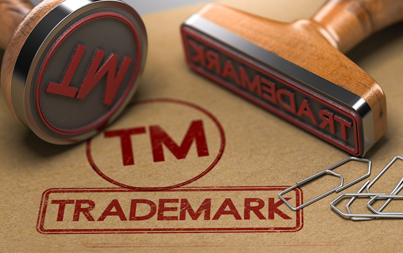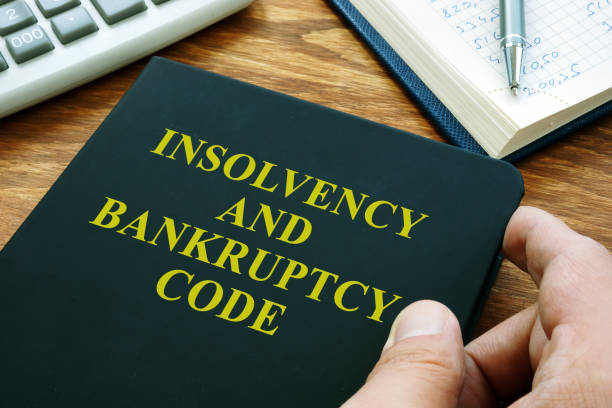
Abstract:
This research article provides a comprehensive examination of the legal framework governing the online gaming market in India and South Korea. The study delves into specific aspects such as market caps, regulatory provisions, intellectual property rights (IPR), broadcasting rights, and South Korea’s notable recognition of e-gaming. The conclusion draws insights from a legal perspective, discussing contemporary relevance and the impact on the gaming industry within the legal frameworks of both countries.
I. Introduction:
The online gaming market has witnessed explosive growth worldwide, with India and South Korea emerging as major players. This market’s exponential rise necessitates a comprehensive analysis of its legal aspects, encompassing market caps, regulatory frameworks, intellectual property rights (IPR), broadcasting rights, and the unique recognition of e-gaming in South Korea. The online gaming market has exploded globally, with South Korea standing as a dominant player. To delve into its complex legal framework, this article focuses on four key areas: regulations, intellectual property rights (IPR), broadcasting rights, and the innovative recognition of e-sports. This article delves into these crucial areas, highlighting contemporary relevance and potential impact.
II. Market Caps:
- India:
As of 20231, India’s online gaming market boasts a valuation of USD 2.6 billion, reflecting the sector’s rapid growth. This impressive figure is driven by a surge in user engagement and a burgeoning investment landscape. - South Korea:
South Korea’s online gaming market stands equally strong, with a market cap of USD 13 billion.2 This robust market stems from a long-standing cultural affinity towards gaming and a significant contribution to the global gaming economy.
III. Regulations and Provisions: 
- India:
Mordor Intelligence
Korea Creative Content Agency
The legal framework in India governing online gaming involves various legislations, including the Information Technology Act, 2000, and specific state-level laws. The Indian Ministry of Electronics and Information Technology (MEITy) plays a central role in overseeing compliance and issuing licenses to gaming operators. However, the absence of a comprehensive national law creates inconsistencies and regulatory hurdles.
Taxation Provisions: Income Tax Act, 1961:
- Section 56: Income from online gaming can be categorized as “income from other sources” under this section, taxed at progressive rates depending on the amount won.3
- Section 57: Income from skill-based games may be treated as business income under this section and taxed accordingly, with potential deductions for expenses 4
- Ambiguity and Ongoing Litigation:  The specific tax treatment of online gaming remains unclear due to ongoing litigation and lack of clear definitions for “game” and “skill.”5
Goods and Services Tax (GST) Act, 2017:
- The CBIC issued Notification No. 11/2023-Central Tax (Rate) on September 29, 2023, amending Notification 1/2017-CGST (Rate) and Notification No. 1/2017-
IGST (Rate) to apply GST rates of 28% (14%) (CGST + 14% SGST) to specified actionable claims in betting, casinos, gambling, horse racing, lottery, and onlinegaming. This notification excludes lottery from entry 228 and actionable claim from entry 229 but includes and covers it in entry 227A. - Income from horse races falls under the head “Income from Other Sources”. As per Section 194BB of the Income Tax Act, earnings from horse race winnings above 10,000 is applicable for Tax Deduction at Source (TDS) at 30% + surcharge.
Regulations:
- Public Gambling Act, 1867:
- Prohibits gambling activities unless authorized by specific state
- State-level laws:
- Varying regulations across states, with some states exempting or regulating skill- based games like fantasy 6
Author: Lakshya Kaushish, Yash Gupta










